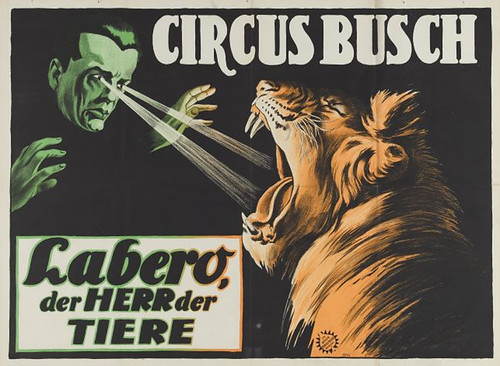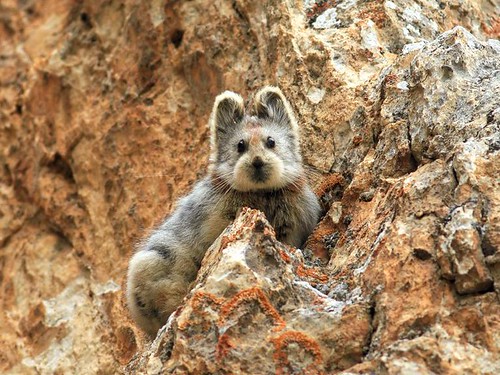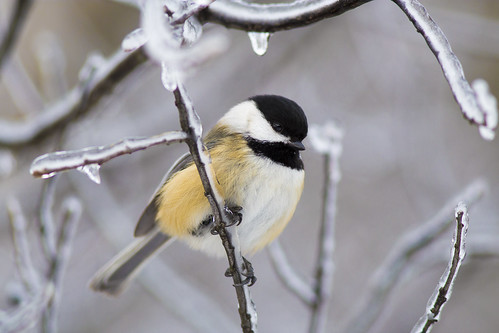Welcome to first Word Buzz Wednesday of 2016! As always, we’ve rounded up our favorite buzzworthy words of the week. The latest: thinking outside the (literal) box; going under the knife — and to one’s happy place; and reaching out and really touching someone (well, almost).
burrnesha
“Families in this predominantly farming region of the Balkans could designate one of their young daughters to live a life of celibacy as a burrnesha, or sworn virgin.”
Kaelyn Forde, “14 Stunning Portraits of Albania’s Few Remaining Sworn Virgins,” Refinery29, December 14, 2015
Remote villages in the Albanian Alps continue to live by the Kanun, says Refinery29, “a traditional 15th-century code of honor that reserves most social privileges for men only,” including the handing down of wealth and land.
However, families with no sons have another option: the designating of a daughter as a burrnesha, or sworn virgin, which elevates “a woman to the status of a man [with] all of the rights and privileges of the male population.”
functional fixedness
“Today he’s most famous for an experiment that illustrates ‘functional fixedness,’ which is the tendency of people, when they’re used to seeing an object as useful in one particular situation, to miss its potential usefulness in other situations.”
Esther Inglis-Arkell, “How One Psychologist Convinced Children to Spurn Sugar,” Gizmodo, December 22, 2015
While you no doubt have heard the worn-out trope of “thinking outside the box,” you might not know that an early experiment testing this concept of functional fixedness involved a literal box.
Given a box with a candle, book of matches, and some tacks, volunteers were asked to adhere the candle to the wall. Some used the tacks; others used the matches to melt the candle wax into a sticky substance. Neither were successful. Only a handful tacked up the box itself.
hypnosedation
“This method of hypnosedation is a technique specifically for patients undergoing ‘awake surgery’ — a common method for brain surgery.”
Sarah Sloat, “Brain Surgeons Are Turning to Hypnosis as an Alternative to Anesthesia,” Inverse, December 29, 2015
Hypnosedation is the practice of using hypnosis as a sedative. According to Inverse, the process may take up to a few weeks, beginning with sessions in which the “anesthesiologist/hypnotist” works with the patient to create, essentially, a happy place. In the operating room, the patient is placed in a hypnotic trance while the hypnotist is ready anesthetic if anything goes wrong.
Hypnosedation might be used during awake surgeries — the removal of a brain tumor, for example — which require that patients be conscious so that doctors can ensure that vital abilities, such as vision, language, and body movements, are still intact.
‘knock-out’ animals
“Researchers use Crispr to make ‘knock-out’ animals to study what happens when specific genes aren’t working.”
Caroline Chen and Doni Bloomfield, “The Gene-Editing Tool on Every Drugmaker’s Wish List This Year,” Bloomberg Business, December 24, 2015
A ‘knock-out’ animal is an animal “in which researchers have inactivated, or ‘knocked out,’ an existing gene by replacing it or disrupting it with an artificial piece of DNA.”
telehaptic
“Researchers have built a machine that renders holograms touchable, adding to a growing body of ‘telehaptic’ prototypes released in 2015.”
Joon Ian Wong, “Japanese scientists have created a new type of hologram that you can actually feel,” Quartz, January 1, 2016
Telehaptic prototypes are those that generate the sensation of touch between two people or a person and an object that are physically distant. The prefix tele– means “over a distance” while haptic means pertaining to touch, and comes from the Greek haptikos, “able to come into contact with.”






